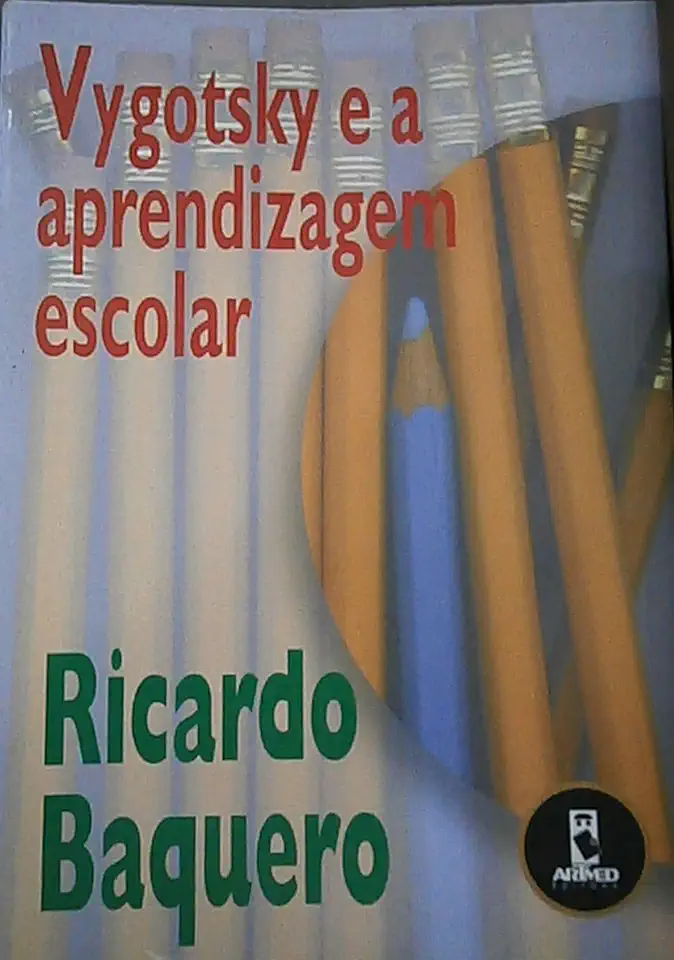
Vygotsky and School Learning - Ricardo Baquero
Vygotsky and School Learning: A Sociocultural Approach to Education
Introduction
In his seminal work, "Vygotsky and School Learning," Ricardo Baquero presents a compelling sociocultural approach to education, drawing on the influential theories of Lev Vygotsky. Baquero argues that learning is not simply a matter of individual cognitive development, but rather a social process that is mediated by culture and interaction with others. This book offers a comprehensive exploration of Vygotsky's ideas and their implications for educational practice, making it an essential resource for educators, researchers, and anyone interested in understanding the social nature of learning.
Vygotsky's Sociocultural Theory
Vygotsky's sociocultural theory emphasizes the role of social interaction in cognitive development. He argues that children's minds are not simply passive recipients of information, but rather are actively shaped by their interactions with others. Through social interaction, children learn to use language, develop their thinking skills, and acquire the cultural knowledge and values of their community.
The Zone of Proximal Development
One of the key concepts in Vygotsky's theory is the zone of proximal development (ZPD). The ZPD refers to the range of tasks that a child can perform with assistance from a more knowledgeable other, such as a parent, teacher, or peer. Vygotsky argues that the ZPD is the optimal zone for learning, as it allows children to challenge themselves and develop new skills with the support of others.
Implications for Educational Practice
Baquero explores the implications of Vygotsky's theory for educational practice, arguing that schools should be designed to promote social interaction and collaboration. He suggests a number of ways to create a more sociocultural learning environment, including:
- Using cooperative learning groups: Cooperative learning groups allow students to work together on tasks, sharing their ideas and knowledge. This can help students to develop their social skills, learn from each other, and achieve higher levels of academic success.
- Providing scaffolding: Scaffolding refers to the temporary support that teachers and other adults provide to students as they learn new skills. This support can take many forms, such as providing instructions, giving feedback, and modeling how to perform a task.
- Creating a supportive learning environment: A supportive learning environment is one in which students feel safe and respected, and where they are encouraged to take risks and learn from their mistakes. This type of environment can help students to develop a positive self-concept and a love of learning.
Conclusion
"Vygotsky and School Learning" is a thought-provoking and insightful exploration of Vygotsky's sociocultural theory and its implications for educational practice. Baquero provides a clear and accessible introduction to Vygotsky's ideas, and he offers a wealth of practical suggestions for creating a more sociocultural learning environment. This book is a must-read for anyone interested in understanding the social nature of learning and improving educational outcomes for all students.